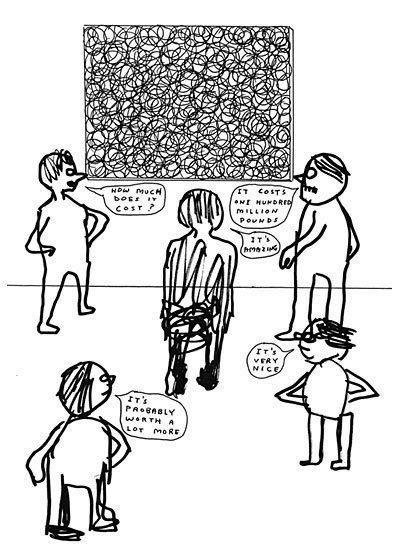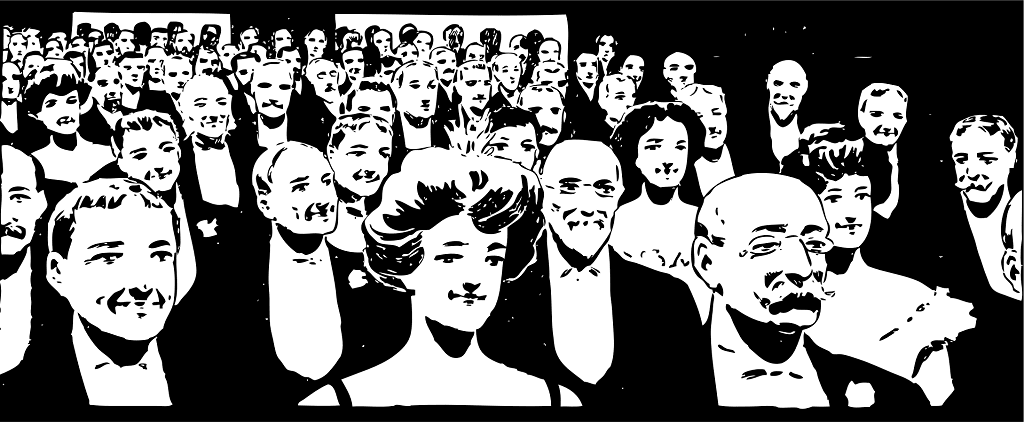[dropcap style=”font-size:100px;color:#992211;”]I[/dropcap]n the days of ‘Brit Pop’ and the domination briefly of ‘Brit Art’ or the ‘Young British Artists’ with the likes of Emin and Hirst there seemed to be no shortage of working class people from the arts in full view of the media and this may still be the case on television at least; but probe a little deeper and we see that the arts industry is more than a little dominated by a wealthy elite who never the less want to increase diversity!
At least that’s what Brown suggests in his article in the Guardian and we might ask ourselves why that is? One reason may be that while there are ‘working class’ stars here and there who get attention, the managerial roles, curatorial roles and financial roles have been and are dominated by people who we might consider economically well off to begin with, another may be the longstanding cliché or truism alive and well in poorer communities that creative careers are simply not practical and tantamount to pipe dreams. Brown quoting actress Maxine Peake also notes the ugly attitude of classism which for her pervades the creative industry.
You could wait to be patted on the head by
a man who so wishes he could give you his job
but he just cant! After all who will pay for his
humus, red wine and European city brake?
It cant help that the rising cost of living and the rising cost of a creative education back up the worries of poorer families. Its important that the creative industries get the life blood of fresh ideas that come from a true and representative mix of people or they will become stale and feeble in output it would though be a great leap forward if this life blood was not vampirically leeched but was a part of equal partnership.

David Shrigley ‘Art Lovers’
The problem is if the creative industry is full its highly unlikely this will change in another wave of symbolic appointments, rather people will have to lead the next extension of the creative industry appoint themselves as its leaders and fight fire with fire. Alternatively you could wait to be patted on the head by a man who so wishes he could give you his job but he just cant! After all who will pay for his humus, red wine and European city brake?
________________________________________________
Working-class people continue to be hugely under-represented in the arts, and the people at the top – mostly well-paid, middle-class white men – are least likely to see it. This conclusion was reached in a new report published today, billed as the first sociological study on social mobility in the cultural industries.
The study used data from interviews with 237 people who work in the creative industries to shine light on a problem that the report’s authors said is a longstanding one.
The percentage of people working in publishing with working-class origins was given as 12.6%. In film, TV and radio it was 12.4%, and in music, performing and visual arts, 18.2%. “Aside from crafts, no creative occupation comes close to having a third of its workforce from working-class origins, which is the average for the population as a whole,” the report said.
The research shows that the people most attached to the idea of the arts being a meritocracy – that the best jobs go to those with the most talent – were white middle-class men who occupied the highest-paid jobs and who were most able to bring about change.

Some of the news that we find inspiring, diverting, wrong or so very right.




















